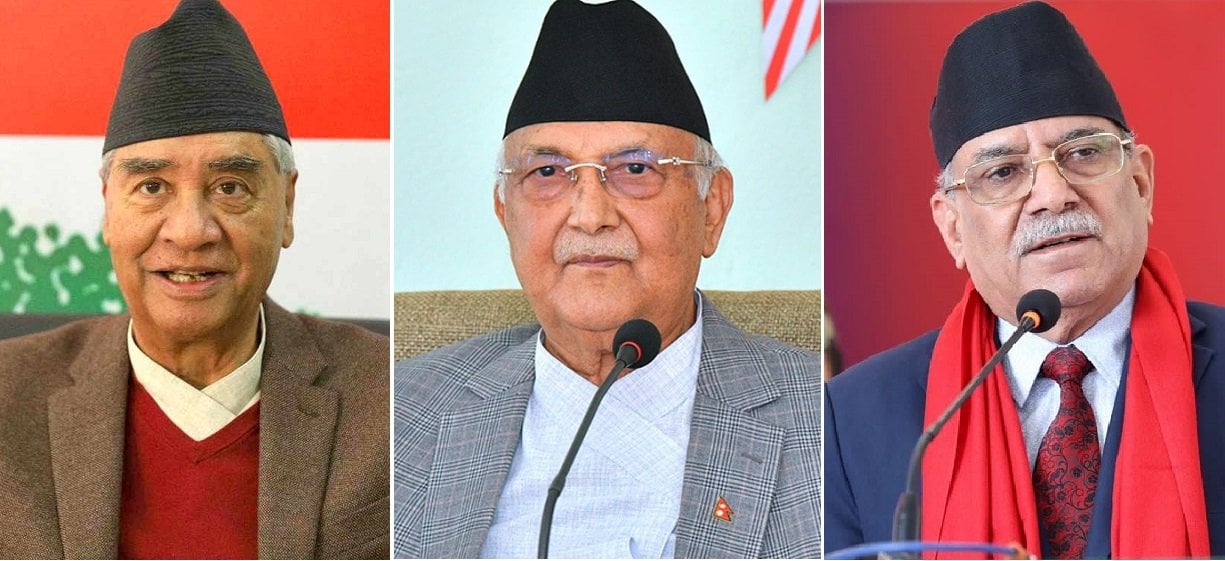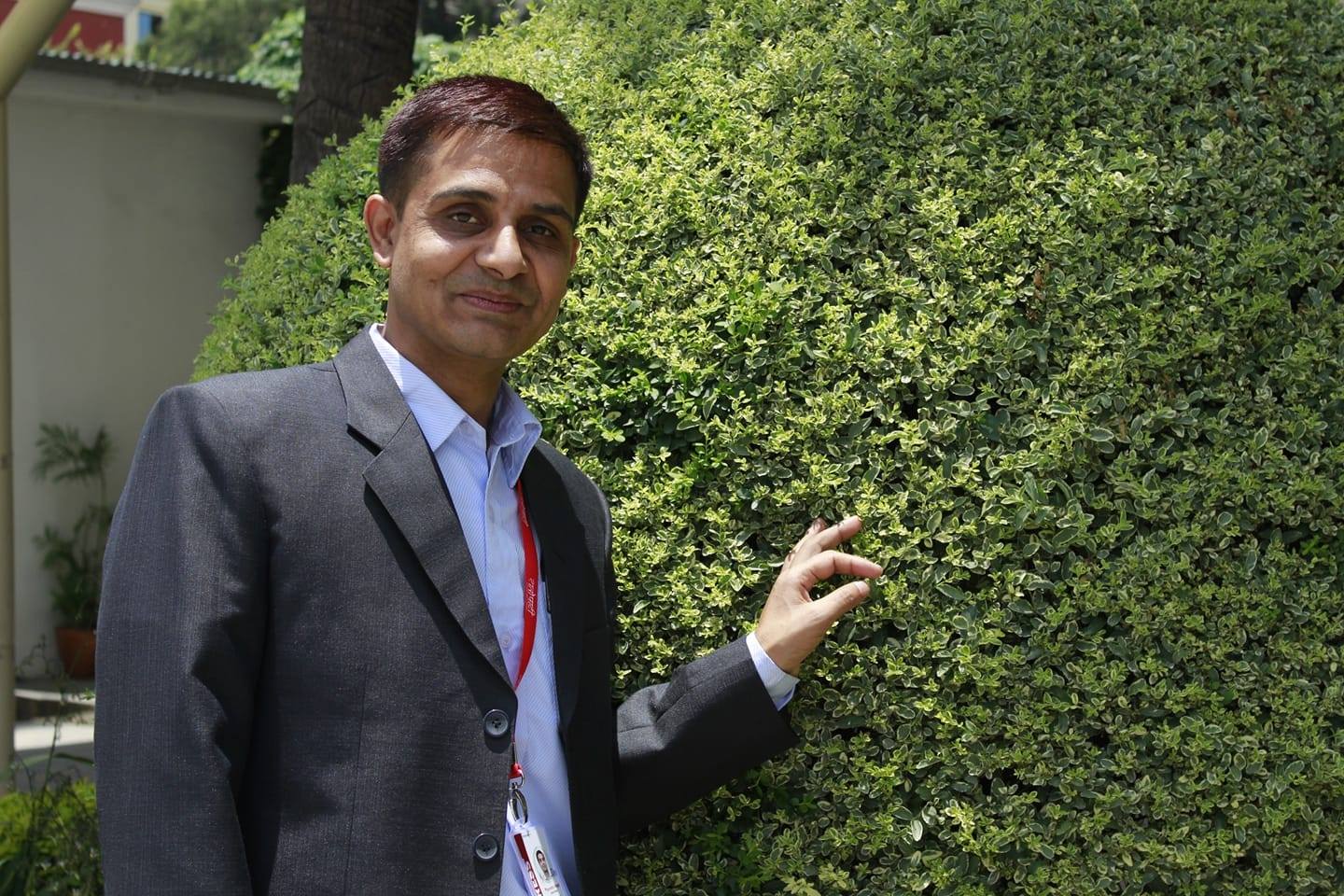To ally or not to ally: Electoral Hamletian Dilemma of Congress, UML, and Maoists

Kathmandu, September 6 — Three major political parties that formed alliances for the 2022 general elections are now declaring their intention to contest the 2027 elections independently in hopes of securing a majority.
The key parties, including the Nepali Congress, CPN UML, and Maoist Center, have announced in their party meetings that they will run solo in the next election and have instructed their committees and leaders to prepare accordingly. Despite these declarations, there remains uncertainty about whether these parties will maintain their stance up to the election.
Political analyst Shyam Shrestha suggests that the current intention of these parties to contest alone may not be reliable. He points out that parties often form alliances with various groups to enhance their chances of power, making their current claims questionable.
Shrestha argues that while the parties' aim to contest alone should be viewed positively, their actual commitment to this position might change based on the evolving political landscape. He notes that parties typically adjust their strategies according to perceived chances of success, opting for alliances if they believe it will improve their chances of winning.
In a recent central committee meeting, the Nepali Congress debated whether to run independently or form alliances for the upcoming elections. General Secretary Gagan Thapa's report proposed the idea of contesting alone but left the decision open. The party has decided to focus on strengthening its position to be capable of winning solo and has adopted a moderate approach.
Nepali Congress spokesperson Prakasharan Mahat emphasizes that the party's current stance on alliances is strategic. He states that a final decision on forming alliances will be made closer to the 2027 elections, depending on the political situation. Mahat stresses that while the goal is to secure a single majority, the question of alliances remains a strategic consideration rather than a current priority.
Similarly, the CPN-UML, the second-largest party, has announced its intention to win a majority on its own in the upcoming elections through its "Mission 84" campaign. At a recent Politburo meeting, the party decided not to form any alliances and to contest the elections independently. Party Chair KP Sharma Oli instructed leaders and members to prepare for the elections on the basis of the party's own policies and programs, emphasizing the need for the UML to become a strong and decisive national force.
The CPN-Maoist Center, currently the third-largest party, has also decided to run alone in the next election. The party is now preparing its leaders and activists accordingly. Spokesperson Agni Prasad Sapkota announced that this decision was made during an office-bearer meeting on July 30, with the goal of presenting the party’s ideas and principles directly to the public.
Leelamani Pokharel, secretary of Maoist Center, affirmed that there is no option but to implement this decision. He stated that the party will build its strategy based on this commitment and emphasized the importance of adhering to the party’s plan for the elections.










Leave Comment